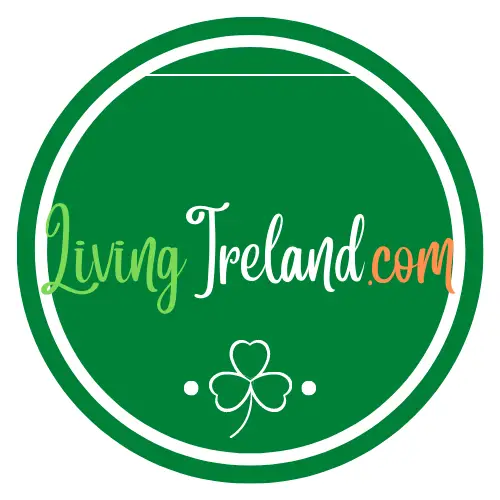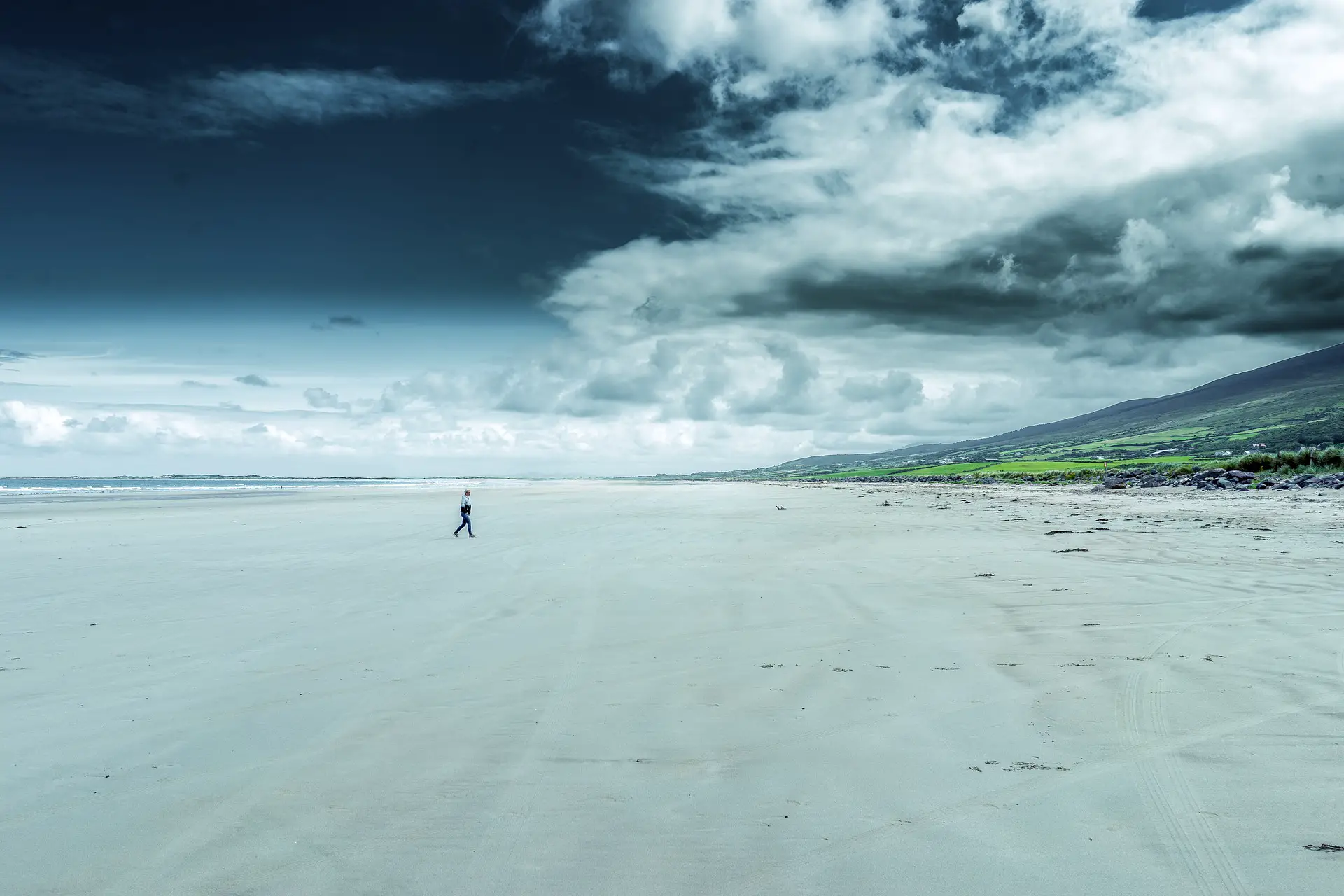Through work, romance or some other twist of fate you’re considering a move to the Republic of Ireland.
We can’t blame you, however, before you make a final decision there’s a lot to consider such as visas, citizenship, lifestyle, culture and job prospects in the country.
We’ll dig into what you need to know below.
How to Move to the Republic of Ireland
Irish Visas
Irish Visas are a requirement to move here if you are not an EU/EEA citizen. Those nations include all nations within the European Union, and those in the European Economic Area.
If you don’t fall within that category, you can visit the country and holiday here but if you plan to stay beyond a maximum of 90 days, you’ll need the relevant visa.
There are four key routes into Ireland on a permanent basis:
- For Work
- To Study
- For Family (as in to join family members here)
- To Retire
Any of these options means you will need to apply for a ‘D’ visa. This also needs to be accompanied by a proof of purpose for your stay in in the country, for example, full-time work or education purposes. Another important point to remember is that you cannot change the reason for your stay once you have entered the country.
Irish Citizenship
If you wish to become a citizen of Ireland and weren’t born in the country then you need to go through a process called naturalisation.
Ultimately the Minister for Justice has absolute discretion as to whether to grant Irish citizenship, however cases are dealt with on behalf of the Minister by the Immigration Service Delivery (ISD).
When an application is made there is a fee of €175 which could rise to as much as €950 depending on your circumstances.
There is a whole raft of qualification requirements to make you eligible for naturalisation such as being 18 years or older, being of ‘good character’ which isn’t defined, however background checks by the Garda Siochana (our police service) are performed into areas such as criminal record, driving offences, any live investigations and any civil cases. You must have also lived in Ireland for 1 year (365 days), or for 4 years (1,460 days) out of the last 8 years.
You are however permitted to leave Ireland for up to 6 weeks per year without impacting on an application for citizenship.
Working in Ireland
If you are not deemed as a UK, EEA or Swiss citizen then you will need an employment permit to be able to work or open a business in Ireland.
In some cases where a job is the fundamental reason for your move to Ireland, your future employer may have completed the necessary paperwork for you, however if this isn’t the case make sure you have all the correct paperwork in place before embarking on your first job hunt.
There are two types of permit that you can apply for which are either the General Employment Permit or the Critical Skills Employment Permit and either of these must be applied for before you come to Ireland.
Starting a Business in Ireland
If you’re of an entrepreneurial nature and you wish to start your own business, Ireland is a great place to do this.
For investors, residence can be offered to individuals for either investing in Irish enterprises, real estate investments, or a project that is of benefit to the arts, sports, health, culture or education sectors. Please also note that there are minimum investment requirements across these areas.
Budding entrepreneurs can also apply for the Start-Up Entrepreneur Programme which is a programme designed to encourage innovative new businesses in Ireland.
Benefits of Living in Ireland
The above is admin, the nuts and bolts of making a move to Ireland.
What about the benefits? We’ve listed a few below, although we’re obviously biased:
- Ireland is famed for natural beauty
- The main language is English
- Ireland is close to the United Kingdom and the rest of mainland Europe, meaning trips elsewhere can be quick and relatively cost-effective
- Ireland has a low crime rate
- Irish people are some of the friendliest in the world (again, biased…)
- Ireland ranked 8th in the 2022 United Nations ranking of the best countries to live in the world
We hope this helps in some small way as you make your decision.
For more information, check out this excellent guide on moving to Ireland!
Good luck!

